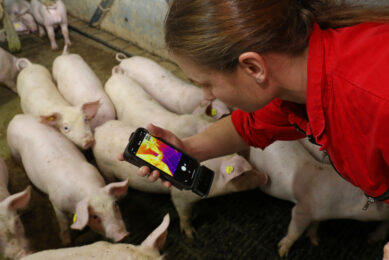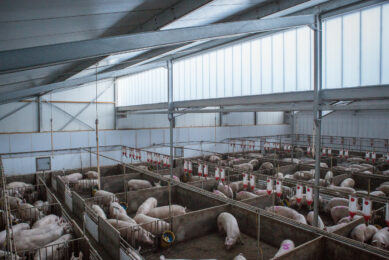UC forms Animal Welfare Advisory Council
The University of California has established the UC Animal Welfare Advisory Council to review issues of animal welfare related to animal agriculture, and to promote the development of recommendations based on sound science to improve the welfare of livestock and poultry.
The council, chaired by UC Vice President for Agriculture and Natural Resources Daniel M. Dooley, is comprised of veterinarians, animal science professionals, and other experts from the University of California system, the California State University system, Colorado State University and the private sector.
“The UC Animal Welfare Council brings together broad perspectives and specialised expertise to address the humane care and treatment of agricultural animals, while supporting the efforts of producers to provide safe and healthy food products for society,” said Bennie Osburn, dean of the UC Davis School of Veterinary Medicine and vice chair of the council.©
“The council will review current production practices, request information and white papers on issues of concern, identify gaps in the knowledge base, make recommendations for research projects and training programs to promote the adoption and implementation of best management practices by industry, and serve as a resource for policymakers, animal agriculture producers and other interested parties,” Osburn said. “By working to ensure proper treatment of production animals, we hope to improve the safety of the food supply and, ultimately, strengthen consumer confidence in foods of animal origin.”©
“As animal agriculture is facing many challenges in California, it is appropriate that the University of California play a leadership role in reviewing animal production practices, including recommendations to our producers that will enhance animal welfare standards in our state,” said Richard Breitmeyer, California’s State Veterinarian and council member.
Related website
• University of California
©











